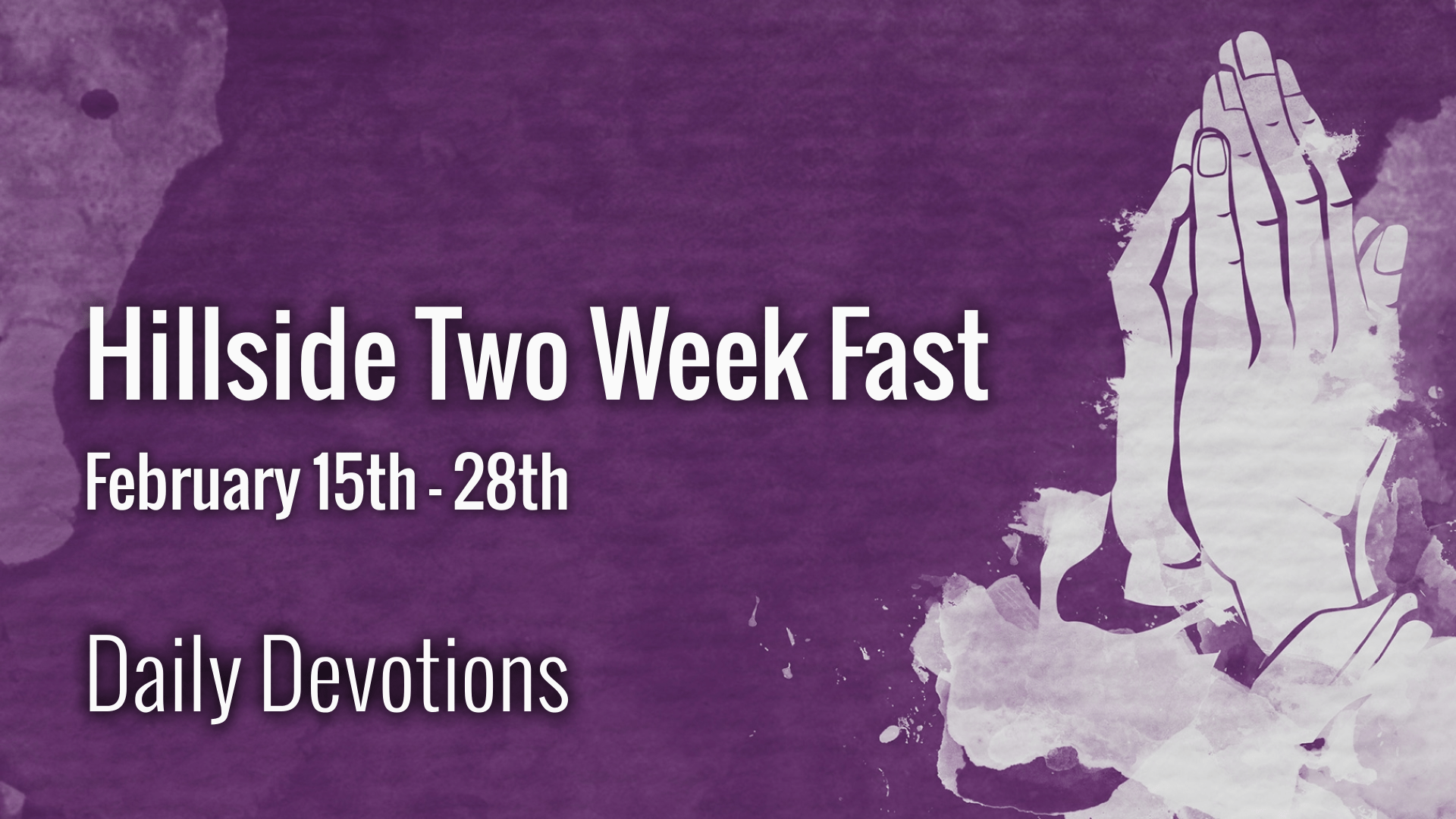
Daily Reading – Matthew 16
The Pharisees and Sadducees Demand Signs
As modern believers of Jesus, it’s often easy to question the Jews of Jesus day and Monday morning quarterback their unbelief. But just as today, the Jews of Jesus day had diverse beliefs. The two most significant Jewish sects, the Pharisees and Sadducees, did not see things that same way, nor did the Samaritans or the Herodians or the Essenes, or even the disciples of John the Baptist. The leaders of these two major groups were united in their unbelief about Jesus as Messiah. Jesus takes them to task in no small way, calling them an “evil and adulterous generation” just as He had when He encountered the Pharisees according to Matthews report in chapter 12 (v. 38-42), where he said, “For just as Jonah was three days and three nights in the belly of the great fish, so will the Son of Man be three days and three nights in the heart of the earth.” (Mat 12:40)
The Pharisees and Sadducees are demanding a sign of their own choosing, ignoring the prophets and their own eyes. How often I think back on a situation where it should have been so plain to me that there was some work of God to be accomplished, but I didn’t see it because I wanted God to do something different. How often I think of how my prayers to God are for some sign showing me that he agrees with what I’m asking for, and not praying that God would show me if I’m wrong. Jesus’ use of the Jonah illustration is twofold. On one hand, he is prophetically pointing to his own burial and resurrection, but on the other hand, he’s reminding the Jews of the consequence of their own willful ignorance of God’s charge to them.
Oops, you forgot your Faith
I love that the Bible is full of humor and embarrassing moments. There are 12 disciples and an untold number of others in Jesus’ entourage, and every single one of them forgets to bring bread. Then they get into a mild argument about it. (The ESV says they “began discussing it”, but the greek word is dialogizomai, which can also mean “debating”). Jesus interrupts them and chastises them with a not-so-subtle reminder that they were just witnesses to him miraculously feeding four thousand people. Jesus is trying to get them to refocus from the carnal to the spiritual when he tells them, “beware the leaven of the Pharisees.”
I am grateful, during this time of fasting, that Jesus is drawing our attention away from the carnal cares of this world and back to the spiritual things of God. He can accomplish anything according to his purposes in the material world, but he wants us drawn out from debates and disputings (and arguments on social media), and re-focused on accomplishing the work of the Kingdom of God.
Who do you say I am?
Jesus wants to know you, and he wants you to know him. He asks his disciples “who do people say the Son of Man is?” and then he asks them who they think he is. I love this exchange as an evangelical model. A friend asked me a couple of weeks ago, “How do you have a conversation with people about Jesus?” My answer to him was that I simply ask people “what do you think other people think about Jesus in 2022?” Which of course, is simply a way to solicit their opinion about other peoples’ opinions in a very non-threatening way. People are almost universally willing to talk about other people. But the real goal of my initial question, just like the goal of Jesus, when he asked, “But who do YOU say I am?” is to ask people what they personally think about Jesus.
Peter answered Jesus and said, “You are the Christ, the Son of the living God.” And Jesus acknowledges, in a way that again reminds his disciples that the greatest truths we can know are not derived from the intellect of our flesh, but of the Spirit of God, saying, “flesh and blood has not revealed this to you, but my Father who is in heaven.” (v.17). There’s a theme here, as Jesus keeps pointing his disciples towards a greater dependence on spiritual discernment. Lord, make that so with me, too!
Get behind me, Satan!
Having allowed his disciples to experience the revelation that he is the Messiah, the Christ, the Lord’s anointed; Jesus pops their balloon. He reveals to them that he is going to be killed (He also reveals to them that he is going to be raised again, but somehow this part is lost on them).
Peter, having missed the importance of all the lessons Jesus has been trying to impart about being heavenly minded and leaving behind the desires of the flesh, is determined to stop Jesus from dying. “Far be it from you, Lord! This shall never happen to you,” says Peter, as he is determined to have Jesus do what Peter thinks Jesus should do.
Jesus has his own path, and Peter can’t see it. And Jesus’ path isn’t even his own, but that of his Father. Jesus knows that he must be obedient to that path, and he rebukes the one who would tempt him away from it.
Peter is a tempter, just as Satan had been in the wilderness at the beginning of Jesus’ ministry. The word satan means “adversary”. Peter, even in his zeal to see Jesus live, is an adversary to the mission of Christ. He puts his own desires ahead of the missional work that Jesus was sent to accomplish.
Jesus rebukes Peter, “You are a hindrance to me. For you are not setting your mind on the things of God, but on the things of man.” It’s a reminder that God’s thoughts are higher than our thoughts and his ways are higher than our ways. (Isaiah 55:8-9)
Take Up Your Cross and Follow Jesus
I’ve heard this phrase preached many times as a sort of call to suffering for the cause of Christ. But I have a somewhat different take on it in light of the immediate context in which Jesus said this to his disciples.
He’s just finished punching hard at the idea that they need to be heavenly minded and not worry about their earthly desires so much. He’s got a spiritual mission and we are supposed to be part of it. To do that, we need to unburden ourselves of the cares of this world.
Jesus also said, “Come to me, all who labor and are heavy laden, and I will give you rest. Take my yoke upon you, and learn from me, for I am gentle and lowly in heart, and you will find rest for your souls. For my yoke is easy, and my burden is light.” (Matthew 11:28-30)
If we believe him in that, then bearing our cross is not something that we can do on our own, but only if we let Jesus bear the burden with us. And when we’re yoked to Jesus, we’re not going to go astray. Our followership is easy.
Lord Jesus, help me to stay yoked to you so that I can walk in your way and not my own.

